
Diving into Pluto’s Depths: Scapegoating Dynamics in the Waters of Family Houses
 In families with a designated “Scapegoat,” a painful dynamic emerges where one member is consistently blamed for the family’s problems, creating a distressing cycle of rejection and isolation for that individual. This role typically involves being the target of resentment, hostility, and irritation, with this family member shouldering the burden of the family’s collective issues. Scapegoating is a hurtful practice that involves bullying, exclusion, denial, and accusation, and it forces one person to bear the blame and shame that rightfully belongs to everyone. Likewise, the term “black sheep” of the family describes the person who is shunned by others due to the embarrassment or humiliation they supposedly bring upon the rest of the family. This person’s actions or characteristics are perceived as tarnishing the family’s reputation or harmony, leading to their isolation.
In families with a designated “Scapegoat,” a painful dynamic emerges where one member is consistently blamed for the family’s problems, creating a distressing cycle of rejection and isolation for that individual. This role typically involves being the target of resentment, hostility, and irritation, with this family member shouldering the burden of the family’s collective issues. Scapegoating is a hurtful practice that involves bullying, exclusion, denial, and accusation, and it forces one person to bear the blame and shame that rightfully belongs to everyone. Likewise, the term “black sheep” of the family describes the person who is shunned by others due to the embarrassment or humiliation they supposedly bring upon the rest of the family. This person’s actions or characteristics are perceived as tarnishing the family’s reputation or harmony, leading to their isolation.
Astrologically, the specific factors that make someone the family’s scapegoat or “bad apple” can vary from one family to another. In some cases, the placement of Pluto in astrological houses like the fourth, eighth, or twelfth can be seen as a reflection of inherited psychological complexes that have not been properly addressed throughout generations. When Pluto, associated with transformation and deep psychological processes, is situated in a water house, it often indicates a connection to a family’s hidden, subconscious dynamics. This suggests that the scapegoat or black sheep might carry the responsibility of dealing with unresolved family patterns and traumas.
Interestingly, individuals with Pluto in water houses might also serve as agents of change and transformation within the family unit. By confronting and addressing these long-standing conflicts and buried emotions, they have the potential to facilitate healing and growth for the entire family. The water houses, representing the realms of emotions, intuition, and subconscious processes, offer insights into what is happening beneath the surface of the family’s interactions.
The roles of scapegoat and black sheep in a family have significant psychological and emotional implications. While these roles can be painful and isolating, they also carry the potential for profound transformation and healing if the individuals involved are willing to confront the underlying issues and work towards resolution.
A person with Pluto placed in the 12th house of their astrological birth chart can often find themselves grappling with complex and inexplicable feelings of guilt and persecution. This deep-seated emotional landscape can lead them to assume the role of the family scapegoat, a position where they are unfairly blamed for various familial issues. This dynamic arises from a convergence of astrological symbolism and psychological patterns.
Individuals with Pluto in the 12th house might possess an intuitive sense that something unsettling or negative exists within their family’s history or lineage. Delving into their ancestry through research might unveil a distressing legacy of abuse, cruelty, or violence that has been passed down through generations. The presence of Pluto, a planet associated with transformation and psychological depth, in the 12th house, a realm tied to hidden matters and subconscious influences, contributes to this heightened sensitivity to the darker aspects of the family’s past.
In some cases, those influenced by Pluto’s energy may find themselves coerced into making false confessions of criminal behavior. Manipulators within the family might exploit this individual’s inclination toward guilt and worthlessness, using these tactics to further isolate and control them. This can perpetuate a cycle of emotional manipulation and self-blame, ultimately leading the person to internalize their role as the bearer of the family’s burdens. Individuals who have a dominant Pluto influence are more likely to bear the weight of familial challenges, including a history of violence or unresolved conflicts. Their inherent inclination to address deep-rooted issues head-on can position them as catalysts for change within the family dynamic. These individuals may possess the strength to confront uncomfortable truths and work towards healing, even though it’s not without its challenges.
Despite the potential for confronting and addressing family issues, the “black sheep” of the family—often represented by those with significant Pluto influence—become a focal point of discussion and energy within the family unit. This person’s presence prompts conversations, reactions, and emotional investments from other family members, often because they embody the unspoken or uncomfortable aspects that the family prefers to avoid.
Astrologers have put forth the idea that individuals born under the influence of a powerful Pluto might experience a sense of not belonging within their family structure. These individuals could exhibit traits and characteristics that starkly contrast with those of their siblings, potentially contributing to their designation as the family’s scapegoat or black sheep. The role of the scapegoat or black sheep often falls upon the family member who is perceived as sick, bad, or deviant, further complicating their sense of belonging within the family unit. When Pluto is placed in water houses in an astrological birth chart, it is thought to symbolize various aspects of a family’s hidden or unresolved history. This could involve a secret that has been concealed for generations, a persistent struggle that has never been acknowledged or resolved, or even a metaphorical “demon” that has been passed down through ancestral lines. These hidden influences and suppressed dynamics can shape the family’s subconscious interactions and contribute to the emergence of a scapegoat figure.
In situations where a family member is unfairly held responsible for the family’s problems, they might internalize the negative emotions projected onto them by others. This process can lead to a deep sense of guilt and shame, even if the blame is unwarranted. In psychological terms, this individual is often referred to as the “identified patient.” This person becomes the focal point for the family’s negative emotions, and they are seen as the most troubled or disturbed family member. This dynamic not only isolates the scapegoat further but also prevents the family from addressing the root causes of their issues. The presence of Pluto’s influence within water houses highlights the intricate and often unspoken emotional currents that shape family dynamics. The scapegoat’s role can be a manifestation of the family’s attempt to suppress or avoid addressing these deeper issues. However, this pattern can be disrupted if individuals with strong Pluto placements choose to confront and heal these hidden wounds, potentially facilitating transformation and growth for the entire family.
Many people have a powerful need to identify with their historical roots, and suffer great anxiety if they are torn away from their place of origin. They would rather risk pain and even death than pack their bags and move somewhere else. Often we cannot understand why people persist in living on the slopes of active volcanoes which are guaranteed to erupt periodically, or remain entrenched in zones of obvious danger. For the same reason many people remain in miserable marriage or destructive families. The terror of being alone, a wanderer in the world is deemed worse than the suffering and claustrophobia of their situation. The Moon cannot bear isolation, and will often cling to a family demon rather than pursuing an unfamiliar independent angel. The Luminaries: The Psychology of the Sun and Moon in the Horoscope (Seminars in Psychological Astrology)




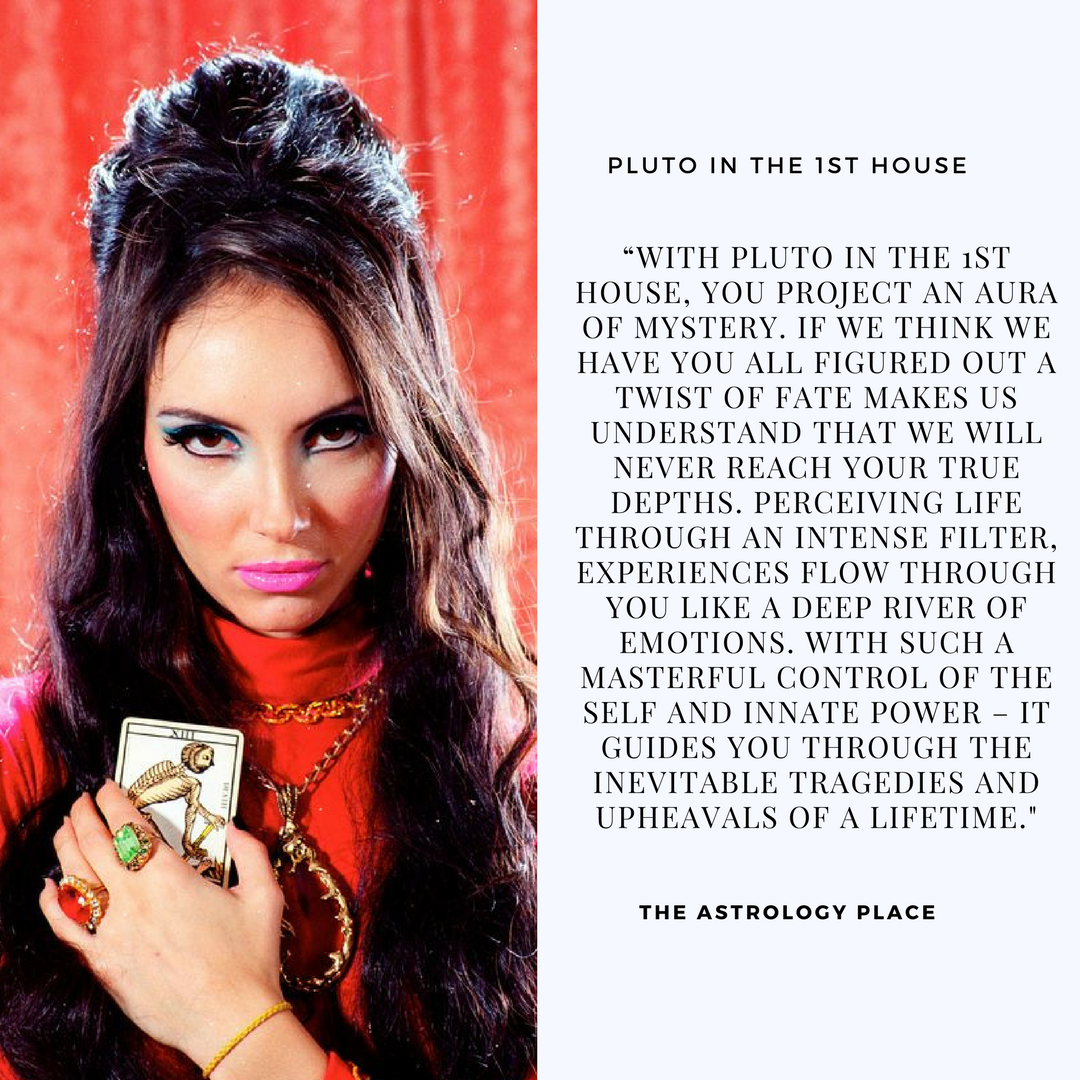




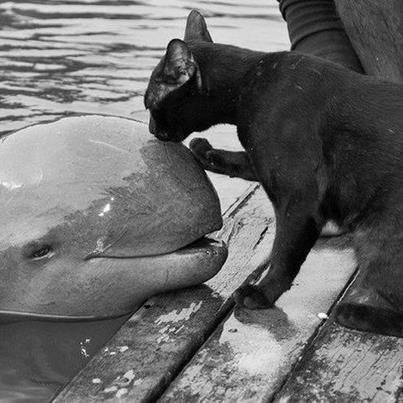

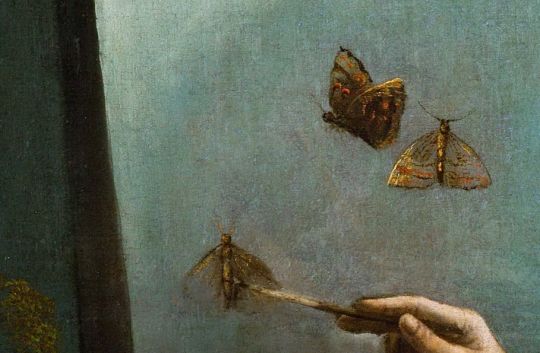



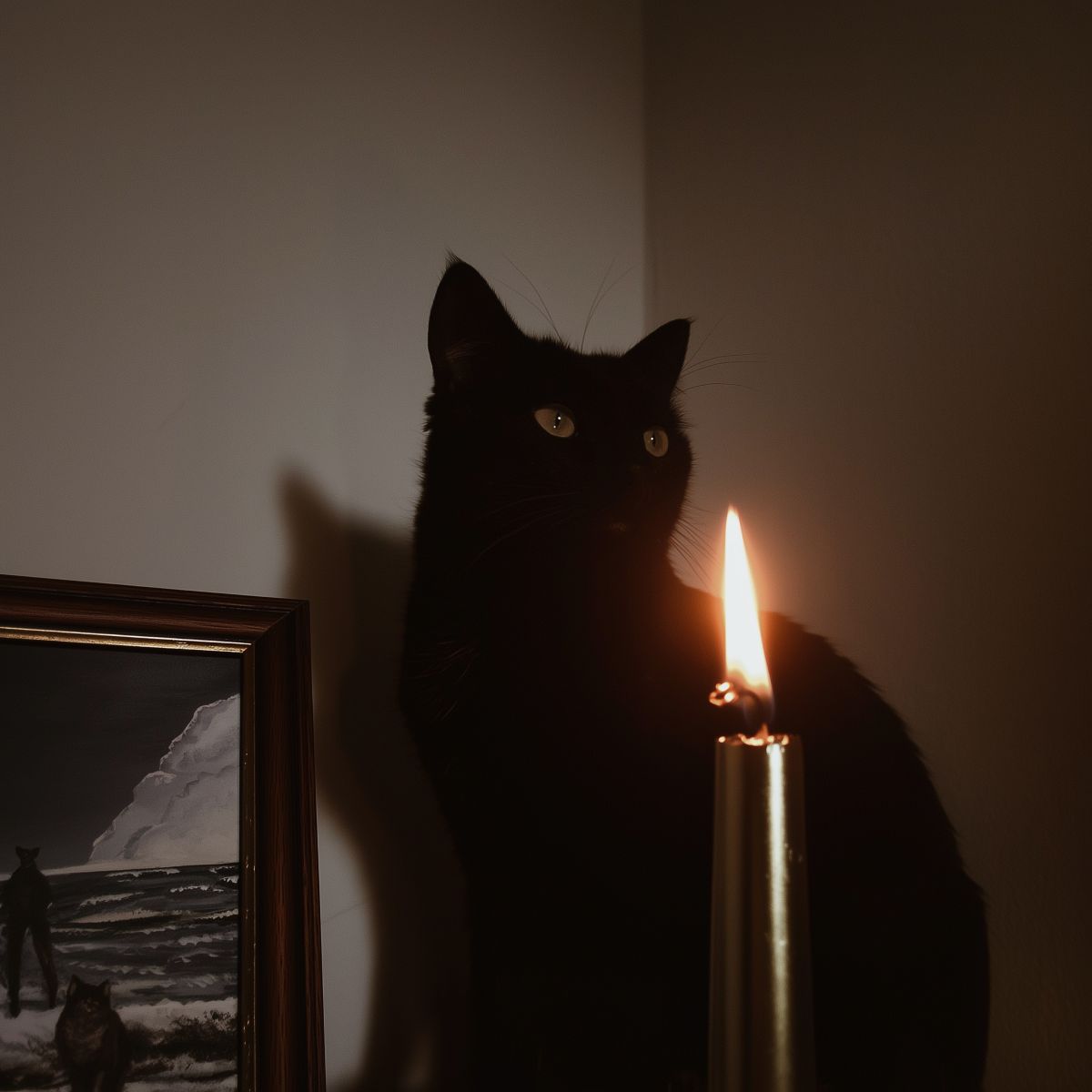

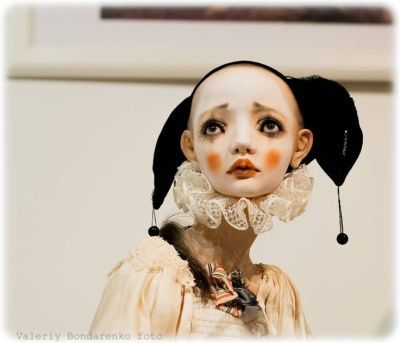

 Sun Square Pluto Synastry: You’ve Got That Power Over Me
Sun Square Pluto Synastry: You’ve Got That Power Over Me
 Scorpio’s Cold Withdrawal
Scorpio’s Cold Withdrawal
 Moon Conjunct Pluto Synastry
Moon Conjunct Pluto Synastry
 Venus-Pluto Synastry: A Love So Powerful That It Might Just Kill Them
Venus-Pluto Synastry: A Love So Powerful That It Might Just Kill Them
 Mercury Conjunct Venus Synastry
Mercury Conjunct Venus Synastry
 Mars Square Pluto Natal Aspect: The Unbreakable Spirit
Mars Square Pluto Natal Aspect: The Unbreakable Spirit
 Reflections on a Past Venus-Pluto Synastry Aspect
Reflections on a Past Venus-Pluto Synastry Aspect
 Mars-Pluto Synastry: Something Quite Dark and Dangerous
Mars-Pluto Synastry: Something Quite Dark and Dangerous
 Uranus Transits 8th the House: Rebirth from Chaos
Uranus Transits 8th the House: Rebirth from Chaos
 Venus Trine Mars Synastry
Venus Trine Mars Synastry
 Mars in Aquarius: Sex drive
Mars in Aquarius: Sex drive
 Mars-Saturn Synastry: The Eternal Loop
Mars-Saturn Synastry: The Eternal Loop
 Composite Sun in the 8th House: Weather the Storm
Composite Sun in the 8th House: Weather the Storm
 Venus Trine Pluto: Dark Desires
Venus Trine Pluto: Dark Desires
 Sun Conjunct Pluto Synastry: Enlightening or Annihilating
Sun Conjunct Pluto Synastry: Enlightening or Annihilating
 Mars Conjunct Pluto Synastry
Mars Conjunct Pluto Synastry
 Moon Opposite Uranus Natal Aspect
Moon Opposite Uranus Natal Aspect
 The Watery Gardeners: Cancer, Scorpio, and Pisces
The Watery Gardeners: Cancer, Scorpio, and Pisces
 Transiting Pluto Aspect Natal Mars: Are You Mad as Hell
Transiting Pluto Aspect Natal Mars: Are You Mad as Hell
 Moon Conjunct Pluto Natal Aspect: Emotional X-Ray Vision – Seeing Through Souls Since Birth
Moon Conjunct Pluto Natal Aspect: Emotional X-Ray Vision – Seeing Through Souls Since Birth